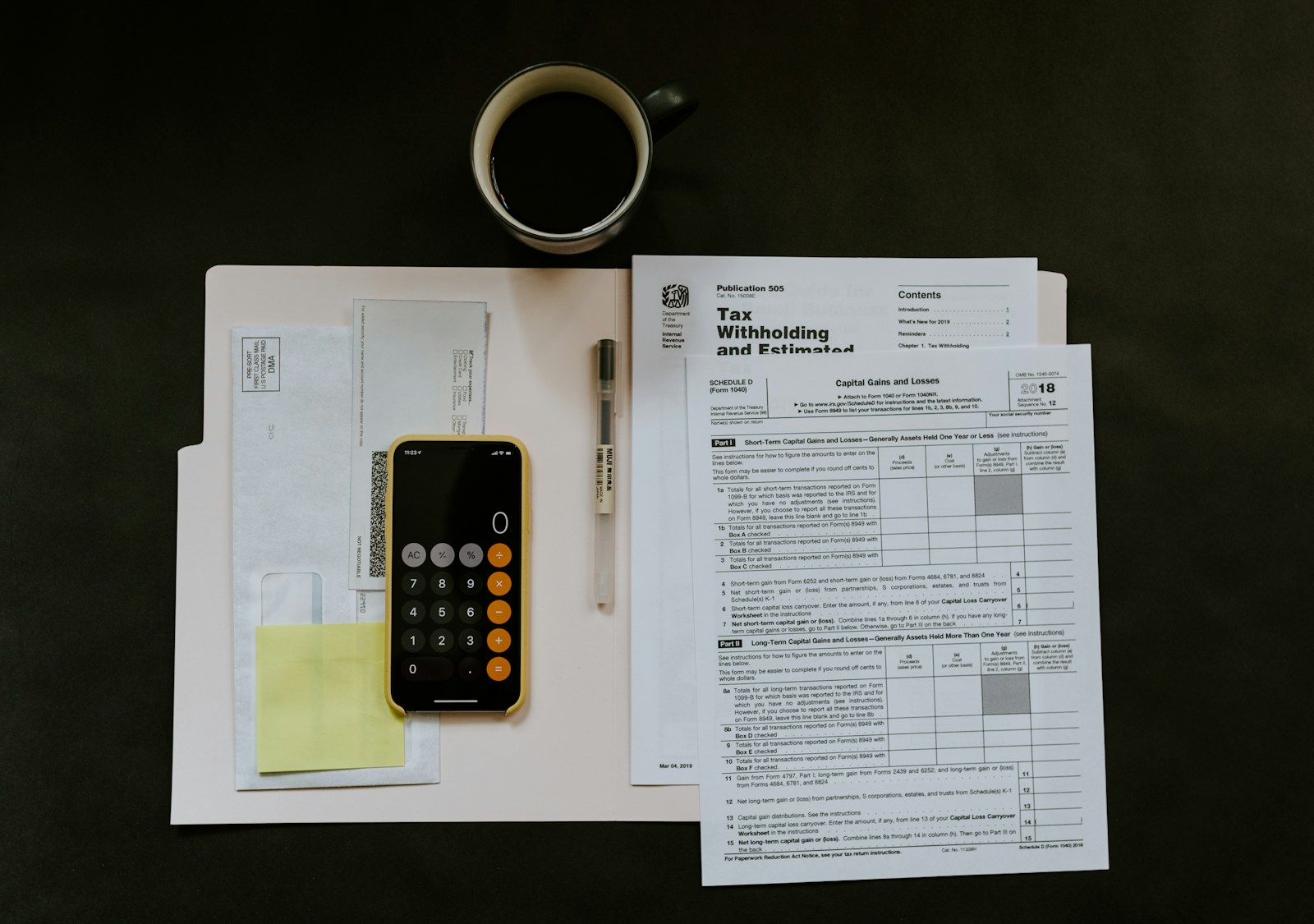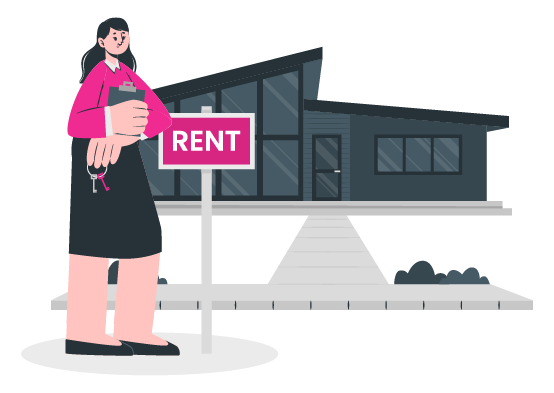As a private landlord in Ireland, understanding tax deductions and reliefs can significantly impact your profitability. By claiming the right deductions, you can reduce your taxable income and optimise your rental business. In this guide, we will explore the key tax deductions and reliefs available for Irish private landlords, helping you make the most of your investment with platforms like FindQo.ie.
1. Mortgage Interest Relief
One of the most significant tax reliefs available to landlords in Ireland is mortgage interest relief. You can claim a deduction on the interest paid on loans used to purchase, improve, or repair a rental property.
- Currently, landlords can claim up to 100% of mortgage interest as a deductible expense.
- Ensure the property is registered with the Residential Tenancies Board (RTB) to qualify.
2. Maintenance and Repairs Deduction
Landlords can claim tax deductions on maintenance and repair expenses incurred to keep the property in good condition. This includes:
- Plumbing and electrical repairs
- Painting and redecorating
- Roof and structural maintenance
- Appliance repairs
However, major renovations or improvements that increase the property’s value are considered capital expenses and cannot be deducted as repairs.
3. Property Management and Advertising Costs

If you use a property management service or advertise your rental property on platforms like FindQo.ie, these costs are tax-deductible.
- Letting agent fees
- Online and offline property advertisements
- Professional photography for listings
- Tenant screening services
These deductions help landlords attract quality tenants while reducing taxable income.
4. Insurance Premiums
Landlords can deduct insurance costs related to their rental property. This includes:
- Building insurance
- Landlord liability insurance
- Contents insurance (for furnished rentals)
Having adequate insurance not only protects your investment but also provides a valuable tax benefit.
5. Local Property Tax (LPT)
Although landlords are required to pay Local Property Tax (LPT), they may claim it as an allowable expense if the property is rented out.
- Ensure the tax is paid on time to avoid penalties.
- Only LPT payments on rental properties qualify for deductions.
6. Legal and Professional Fees
If you incur legal or professional expenses while managing your rental properties, they may be deductible. These expenses include:
- Solicitor fees for lease agreements
- Accountant fees for tax filing and advice
- Property valuation and surveyor costs
Maintaining proper records of these expenses ensures smooth tax filing and compliance.
7. Capital Allowances on Furnishings and Appliances
Landlords who provide furnished rental properties can claim capital allowances on furniture, fittings, and appliances.
- Applies to beds, sofas, kitchen appliances, and more.
- Typically spread over multiple years as a capital expenditure deduction.
8. Pre-Letting Expenses for Vacant Properties
If your property was vacant for 12 months before being rented, you may claim a deduction of up to €5,000 on pre-letting expenses.
- Includes minor repairs and property upgrades.
- Only applies to properties newly brought back to the rental market.
9. Utilities and Service Charges
If you cover certain utility costs for tenants, these can be deductible expenses. Common examples include:
- Water charges
- Waste collection fees
- Electricity or gas (if included in rent)
10. Depreciation and Wear & Tear Allowance
For furnished rentals, landlords can claim depreciation (wear & tear) on fixtures and fittings over time.
- This typically applies to furniture, carpets, and household appliances.
- Allows landlords to spread out expenses over multiple years.
Understanding the tax deductions and reliefs available to Irish private landlords can help you maximise your rental income while staying compliant with tax regulations. Whether it’s mortgage interest relief, property management expenses, or capital allowances, taking advantage of these benefits ensures better financial planning.

Platforms like FindQo.ie can also support landlords in advertising properties and connecting with tenants efficiently, making property management smoother and more profitable.
By keeping track of deductible expenses and seeking professional advice, landlords can optimise their tax strategy and improve their rental business profitability.

